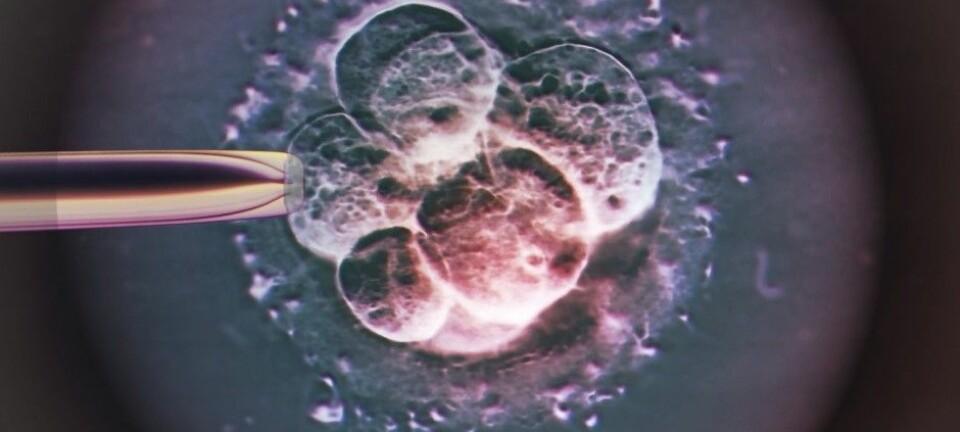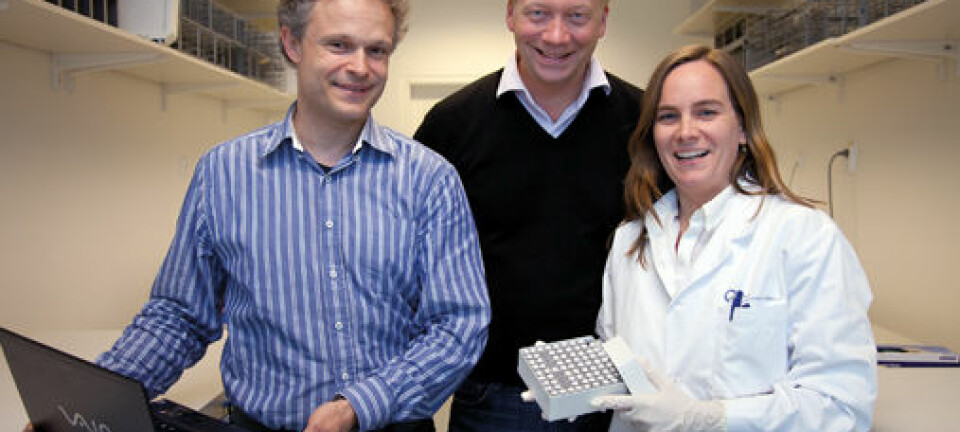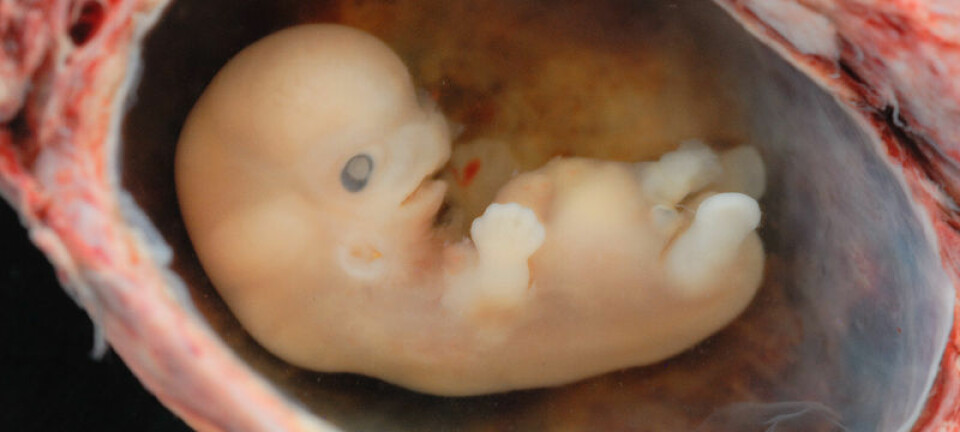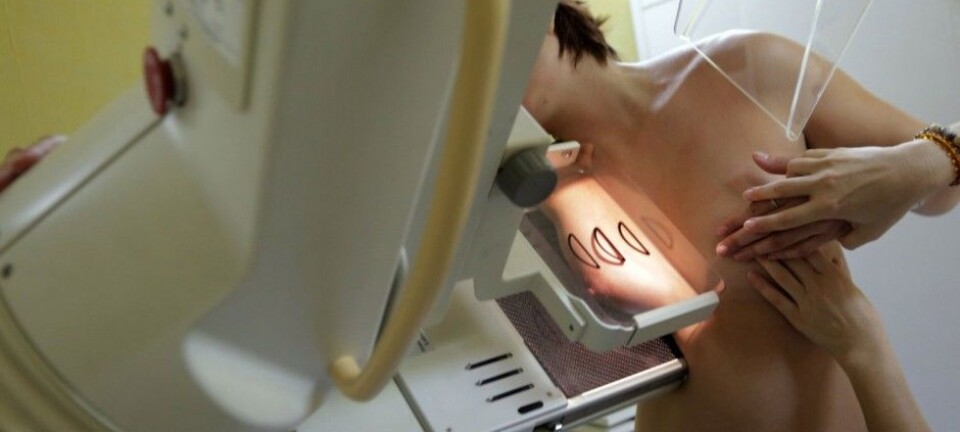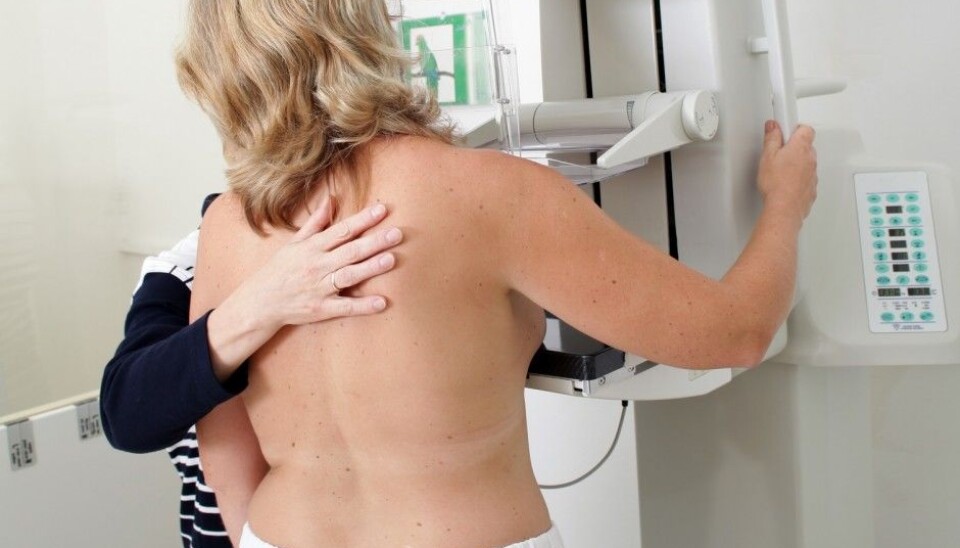
Stress hormone linked to breast cancer
Women with small bloodstream levels of a stress-lowering hormone run a higher risk of breast cancer, according to a new Swedish study.
Denne artikkelen er over ti år gammel og kan inneholde utdatert informasjon.
The new discovery of a link between the hormone and breast cancer has been described in the Journal of Clinical Oncology.
The study was carried out at Lund University and is the first of its kind made of human subjects, according to the Swedish medical researchers. It confirmed earlier observations made in animal experiments.
Pain and anxiety reduction
The hormone in question is a peptide called enkephalin which is one of the body’s natural painkillers and it also dampens anxiety. Enkephalin circulates freely in the bloodstream and boosts the immune system by directly acting on immune cells.
Women with the lowest levels of the hormone in blood plasma samples ran three times more risk of breast cancer than women with the highest levels.
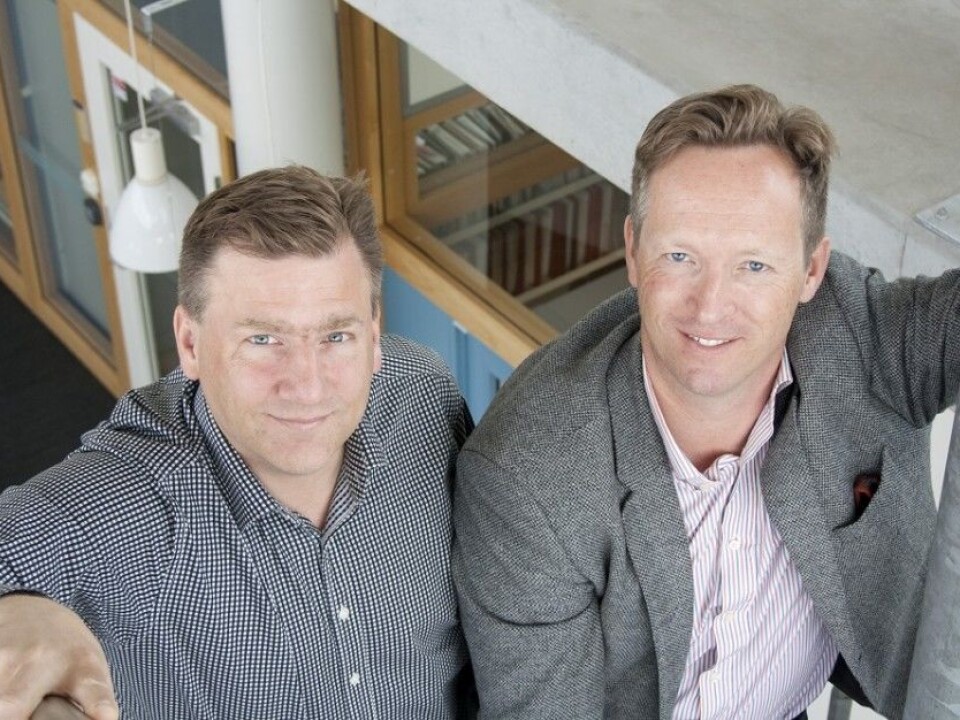
“The results were surprisingly clear. This is one of the strongest links described between the risk of cancer and a freely circulating marker,” say Olle Melander and Mattias Belting. Both are professors at Lund University and head physicians at Skåne University Hospital.1,900 middle-aged women in Malmö
The study is based on blood samples of more than 1,900 healthy women in Malmö. The women were followed up with a focus on breast cancer development for an average period of nearly 15 years. Their median age was 57.
The researchers compensated in their analysis for age, menopause, hormonal treatment, smoking and other factors which can impact the risk of breast cancer.
But they stress that geographical locations and age might be significant, despite making compensation and adjustments for such contributing factors.
No proof of cause and effect
The study confirms a statistical correlation between low blood plasma concentrations of enkephalin and an elevated risk of breast cancer.
But the scientists have not yet found a causal connection revealing that low levels of the hormone have a direct impact on the development of malignant tumours.
Nevertheless, later results of an independent sample study made with a group of 1,500 women with a higher average age (70 years), confirmed the link.
Among this control group the link between low hormone values and breast cancer was even stronger.
Bolstering the immune system
Studies with animals carried out by other researchers point in the same direction.
In these studies it was found that enkaphalin in animals enhances the activity of their defence against tumours and to some extent directly inhibits cancer cells.
The Lund University researchers hope that follow-up studies will lead to better preventive techniques and that more breast cancer cases can be caught early and treated.
Lifestyle changes can impede cancer
Women who run an increased risk of breast cancer might enhance their ability to ward off cancer by changing their lifestyle and reducing stress.
“The findings fit well with the development towards individualised risk assessment and treatment, on the basis of each woman’s needs,” say the researchers.
The Swedish doctors will now investigate how to affect the level of encephalin in healthy persons. They will do this study initially with a small number of women. They are also interested in the hormone’s role in other cancers.
Test on the way
Is it possible to take a blood test now to find out if one is at risk?
“No such test is currently available in the health sector of the Scandinavian countries,” says Olle Melander to ScienceNordic’s Norwegian partner forskning.no
“But a pharmaceutical company in Germany has started to work on a test which will detect levels of encephalin. It will initially be offered to hospitals and doctors’ offices in Germany,” he adds.
Translated by: Glenn Ostling







